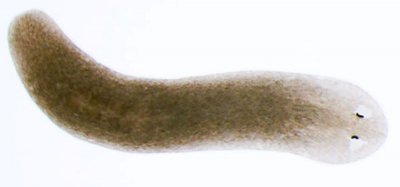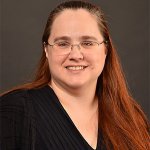2pm - 3pm
Thursday 27 May 2021
Radicals and regeneration: A quantum approach to manipulating stem cell activity
Free
This event has passed
Abstract

Recent advances in quantum biology have highlighted potential advantages for quantum approaches as therapies. Prior work from the Beane lab identified weak magnetic fields (WMFs, <1 µT) as one such approach. Exposure to 200 µT WMFs inhibited planarian reactive oxygen species (ROS) levels in vivo, blocking Hsp-70-mediated stem cell proliferation and subsequent blastema (new tissue) growth, while specifically targeting proliferating cells. However to be truly useful, therapeutic tools must be able to direct growth non-stochastically, just like current molecular-genetic methods. Current work by the Beane lab investigates the ability of WMFs to modulate stem cell activity and tissue formation, both positively and negatively, during regeneration. The data show that WMFs can manipulate stem cell activity to either promote or inhibit new growth, dependent on field strength. Furthermore, these results are consistent with theoretical models of the radical pair mechanism indicating WMFs alter radical formation through electron spin state changes. Together, the data suggest quantum approaches to controlling stem cells are an important, emerging research area.
Speaker

Wendy Beane Ph.D.
Western Michigan University, USA
Biography
Wendy Beane is a Presidential Professor of Innovation and Associate Professor of Biological Sciences at Western Michigan University. She is also the Director of WMU’s Q-BITE (Quantum Biology Interdisciplinary Trainee Exchange), the US’s first trainee exchange program in Quantum Biology that places graduate students and postdoctoral fellows as short-term guest scientists in Quantum Biology labs outside their own discipline. She obtained her Ph.D. in Cellular, Developmental, and Stem Cell Biology from Duke University and did her postdoctoral fellowship at Harvard and Tufts Universities in ion channel regulation of stem-cell mediated regeneration. Her lab investigates the mechanisms (signals) by which injury initiates stem cell proliferation, the role of reactive oxygen species in this process, and how the central nervous system of certain animals is able to regenerate. In particular, her lab is interested in non-invasive ways, such as weak magnetic field exposure, to control stem cell activity (and hence growth) in regenerative medicine and carcinogenesis. By utilizing an interdisciplinary approach, this research aims to determine whether quantum effects can be used therapeutically to control physiology
